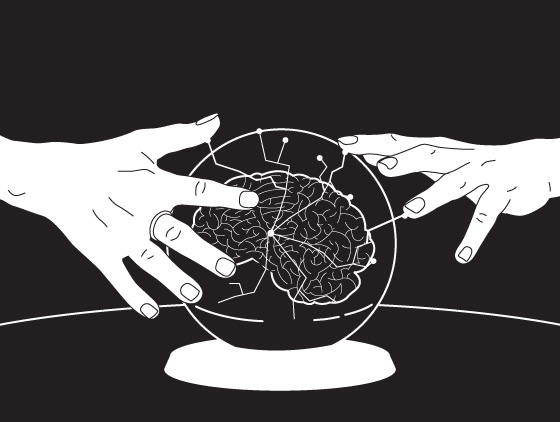Your answer is most probably a yes, right? You may even be saying how stupid it would be, if I couldn’t even predict my own behavior. But as with most posts on behavior, you may be surprised to know the difference between intention and behavior.
One of the studies by Ji and Wood titled ‘Purchase and consumption habits: Not necessarily what you intend’ tested if participants could predict their own consumption of fast food, how much they watched TV news, and how often they took the bus over a week. Each person was asked how much he or she intended to carry out each of these three behaviors over the coming week (intention). They were also asked how often they had performed each behavior in the past (habit). Importantly, over the next 7 days their actual behavior was recorded.
The results showed that when the habits were weak, the intentions tended to predict behavior. So if you didn’t watch TV news that much, your intention for the coming week, was likely to be accurate (whether the intention was to watch more, less or the same). So far we seem to be right in predicting our own behavior.
Here’s the interesting part. When the habits were strong, the intentions tended to predict behavior less. So if you were in the habit of visiting fast food restaurants, it didn’t matter much whether you intended to cut down or not. Chances are that your habit would continue irrespective of your intention.
It gets worse. Participants, who had the strongest habits and were the most confident in their predictions, were the least successful at predicting their behavior. Ouch. So much for our perception of self-control.
Says Jeremy Dean, author of popular blog www.psyblog.co.uk, “When we perform an action repeatedly, its familiarity seems to bleed back into our judgments about their behavior. We end up feeling we have more control over precisely the behaviors that, in reality we have the least control over.”
When you think about the things you might do on a weekly basis in the same context – visiting a restaurant or meeting up with friends – it feels as if these decisions are highly intentional. But the research suggests that we have less intentional, conscious control over these types of behaviors than we would like to think. That’s why our intentions fall weak in the face of habits, and need Behavioural Design to change them, rather than campaigns aimed at increasing motivation.
Source: M.F. Ji and W. Wood titled ‘Purchase and consumption habits: Not necessarily what you intend’ – Journal of Consumer Psychology 17, no. 4 (2007): 261
